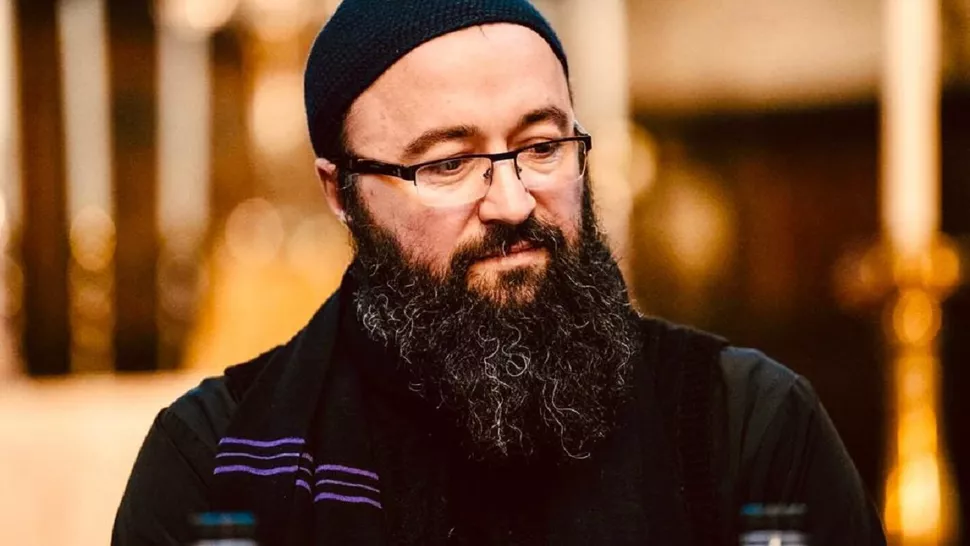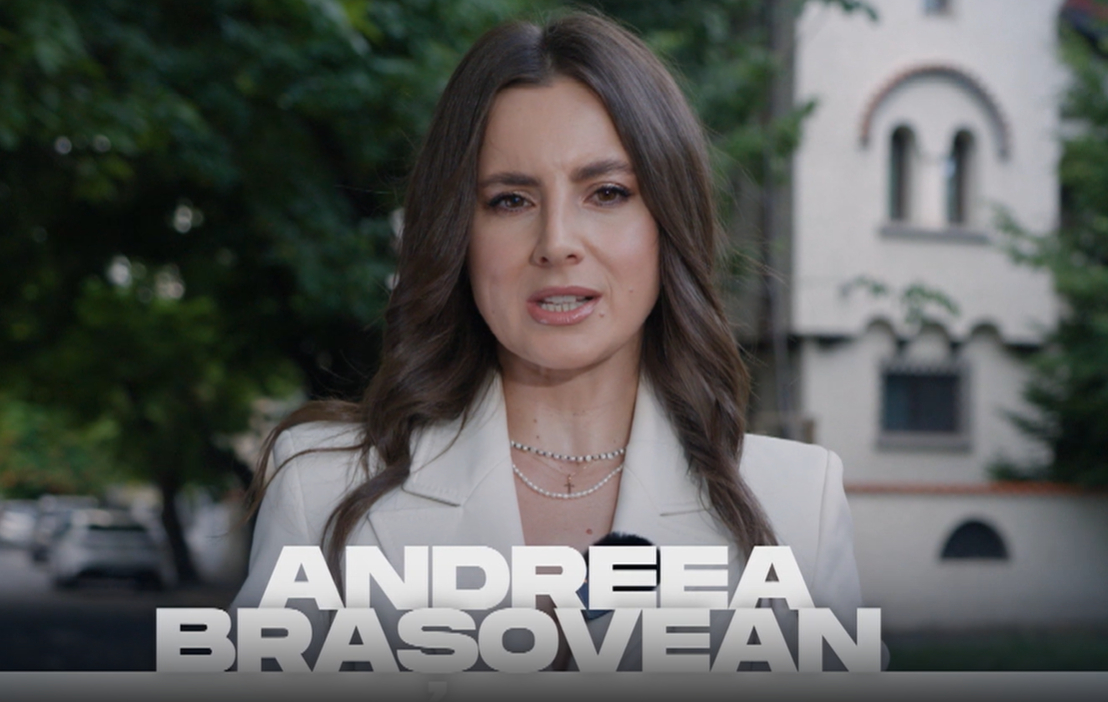StatInf, a startup founded in France by two Romanian women, is seeking EUR 1 million in funding on SeedBlink to accelerate the development of their software that helps giants in the automotive and aviation industries validate the proper functioning of electronic systems.
StatInf's software has the potential to help companies like Airbus validate the correct operation of electronic systems before launching a new product (e.g. an airplane) on the market.
The company is now looking for EUR 1 million in funding on SeedBlink to accelerate development to its maximum capacity.
"This is the amount that would allow us to advance the product development at the maximum possible speed," said Adriana Gogonel, co-founder and CEO of StatInf, during an interview with Ziarul Financiar.
She estimates that the product has the potential to not only generate tens of millions of euros in annual revenue but also become a standard tool used by giants like Tesla and NASA.
The company was founded after six years of research by sisters Adriana Gogonel and Liliana Cucu-Grosjean, encouraged by specialists from Airbus who were aware of the research work done by the two Romanians. Both Adriana and Liliana studied mathematics in Galați, Romania, and later emigrated to France, where they continued their studies in mathematics and statistics.
"For a new car or airplane model to be released on the market, functional validation of the electronic part must be carried out. This means ensuring and proving that all programs do what they are supposed to do. However, there is also temporal validation to ensure that all programs do what they are supposed to do within their allocated time. For example, when I press the accelerator in a car, I expect the car to accelerate in less than a second, and when I press the brake, it should stop. If it exceeds the time allocated, such as when the automatic car shares processor resources with other programs - for example, in an automatic car, the brake and accelerator have the same processor space and cannot run in parallel. So, if we haven't made a good estimate of how long it might take in the worst case for the brake to engage, the accelerator might remain stuck, and the car might accelerate instead of braking," explained Adriana Gogonel.
The software developed by StatInf ensures this part of temporal validation - ensuring that various modules perform their tasks within the allocated time.
The startup is already working with several companies in France and has a list of companies waiting for the commercial launch of the software next year. Some of the companies StatInf has worked with so far include Airbus, MBDA, CNES, Liebherr, Thales Avionics, and Safran Aero.
(Photo source: Statinf.fr)
























 English (US) ·
English (US) ·  Romanian (RO) ·
Romanian (RO) ·